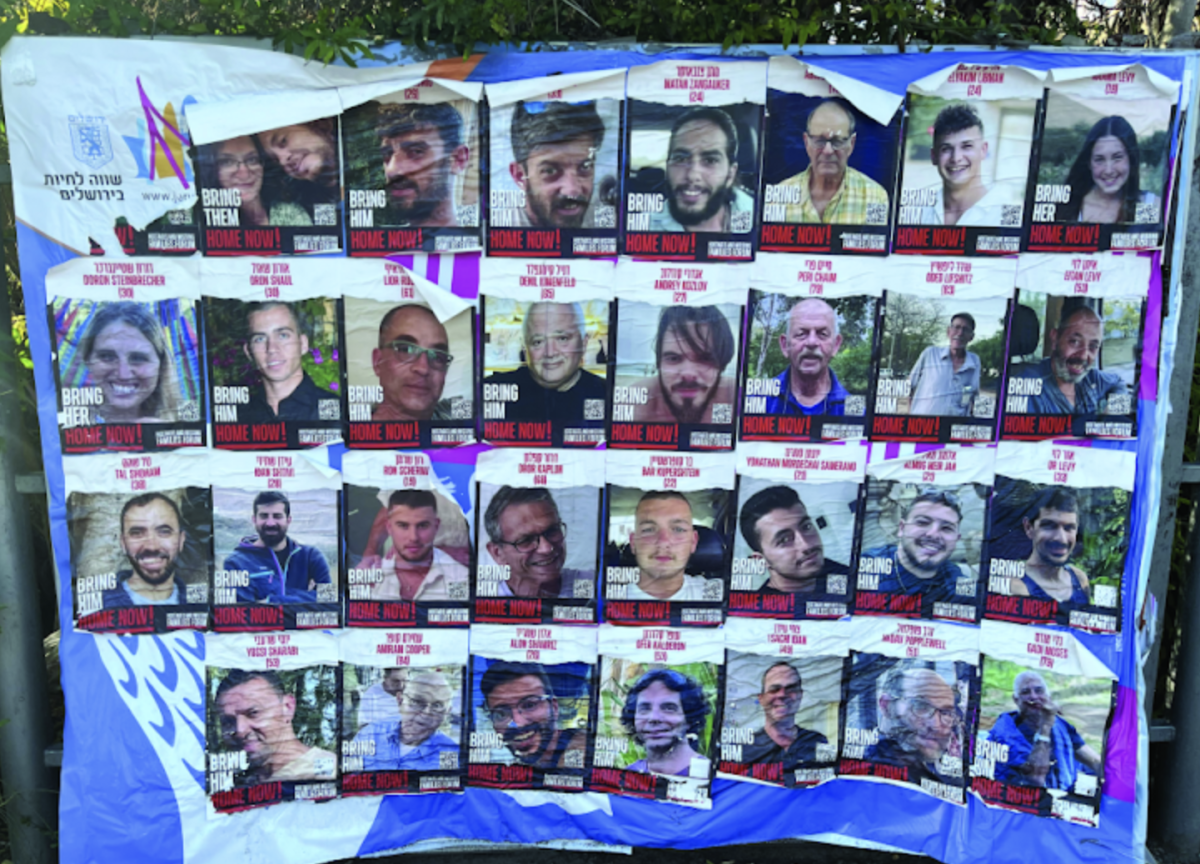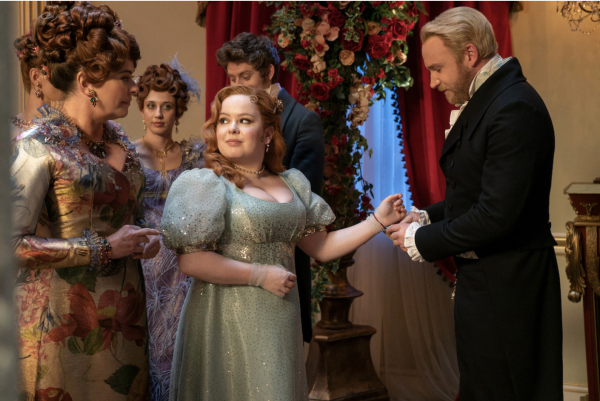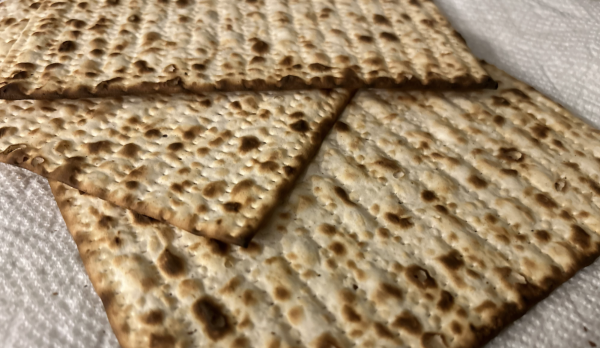Not your typical shidduch
June 5, 2023
As reality TV dating shows dominate the media, a new series, “Jewish Matchmaking,” offers long-awaited representation of the Jewish community. This Jewish dating show showcases the diversity and richness of Jewish religion and culture, sparking hope for reshaping perceptions and fostering a positive, inclusive narrative of Jewish people in the media.
The show, which is a spin-off of Netflix’s “Indian Matchmaking,” was released on May 3 with eight episodes and quickly gained popularity due to its authentic portrayal of matchmaking within the Jewish community. It follows Aleeza Ben Shalom, a successful matchmaker and dating coach, who sets up Jewish singles in the United States and Israel based on their religious values, physical preferences and long-term compatibility.
One of the show’s standout features is its emphasis on diversity within the Jewish community. Ben Shalom, an Orthodox Jew herself, works with singles from a variety of Jewish backgrounds, ages and religious identities. This approach is refreshing and demonstrates that there is no right way to be Jewish, something we don’t often see in the media. Ben Shalom emphasizes that a Jew is a Jew, no matter what.
“Jewish Matchmaking” also showcases diversity by introducing singles from different racial and geographical backgrounds. This inclusion is particularly meaningful, as it highlights the challenges that some individuals face when searching for love within the Jewish community. For example, Nakysha Mays-Osadchey discusses her struggles as a biracial Jew, and Noah Dreyfuss shares his difficulties finding a Jewish partner in his small community of Jackson Hole, Wyo.
In the show, Ben Shalom meets with her clients individually to explore what they are looking for in a romantic partner. Based on that discussion, she suggests several potential matches that she believes to be highly compatible. If both parties agree, Ben Shalom organizes a date for them to go on. Most often, Ben Shalom pairs the singles with partners who match the description of what they were looking for as well as who they needed, which had viewers rooting for the couples the whole time.
One area where “Jewish Matchmaking” falls short is its glorification of the matchmaking process. While this system is widely used in more observant circles, it inadvertently perpetuates the notion that matchmaking is always successful and devoid of issues. In reality, there are often complex dynamics, biases, and even inequalities within the matchmaking system that often target women and deserve critical examination. By glossing over these realities, the show misses an opportunity to explore the potential areas of improvement.
Oftentimes in reality TV, there is a sense of flakiness in the characters. In “Jewish Matchmaking,” while a few flaky personalities still make an appearance, there is also a refreshing presence of genuine individuals earnestly searching for love.
The show has been well-received worldwide, reaching top charts in the United States, the United Kingdom, Israel and Canada. Viewers are hopeful that the show will return for a second season, which could revisit relationships from the previous season, while also introducing new singles in search of love. Overall, “Jewish Matchmaking” has provided an honest take on matchmaking within the Jewish community and its emphasis on diversity and inclusion has resonated with viewers worldwide.













